The exception of live animals from the planned/projected FSMA’s sanitary transportation is causing quite a stir these days; earlier Senator Lisa Murkowski urged US Food and Drug Administration (FDA) to resolve the shellfish ban which is proving to be a costly one. Although the FDA director assured the senator all the needed support to help resolve this issue still a few technical and health assessment issues need to be solved.
At the FDA’s open public meeting held in College Park, Executive director of Shellfish Growers of Virginia Michael Osterling drew attention to the issue related to shellfish, as the shellfish are being transported regularly, living and underdone.

Live animals are spared from the rule to ban transportation as they have odd chances of becoming contaminated and contaminated during the transportations and shipments. Michael Osterling raised the issue about the possible outbreak of illness due to raw shellfish consumption because of ill controlled temperature between harvest and retail. He said, ”We believe that many of the illness outbreaks associated with raw shellfish consumption are caused by temperature abuse between harvest and retail that permits naturally occurring bacteria to proliferate within the shellfish”.
This statement gave birth to new questions that where the shellfish falls if the food requires temperature control and management during their journey from processing/harvesting to availability in the market for consumers.
Don Kraemer, senior advisor to Center for Food Safety and Nutrition (CFSAN), responded, “We completely didn’t think about that” as he admitted that the authorities were paying more attention to the hoofed animals and now they have to consider whether they intended to bring in shellfish to the exempted category or not.

The public opinion is that the shellfish must be distinguished from fresh, live and dead animals. Any animal that is incapable to see off the bacterial growth should be considered as “fresh” but not “alive” and they should not exempt it from the sanitary transportation rule.
Actuated butterfly valves are essential tools in the fight to keep pathogens away from food products. Food contact valves are typically made out of stainless steel and are often forged rather than cast. They also need to be able to be cleaned and sanitized to meet food safety standards.
The comment period for sanitary transportation is open until the 31st of May 2019. However, the FDA is planning to prolong the comment period for FSMA.
For more information, please visit https://www.adamantvalves.com/
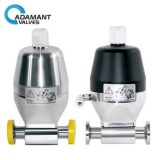
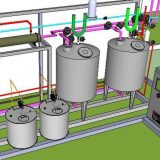
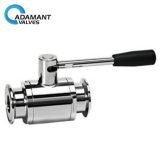

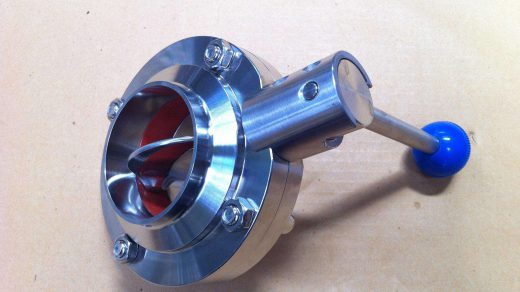

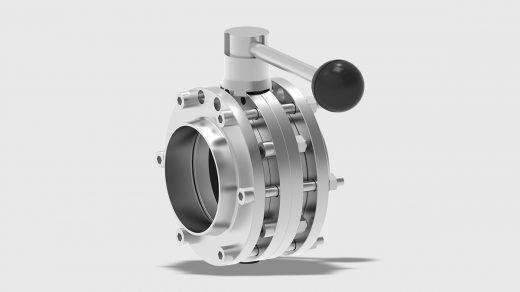
Recent Comments